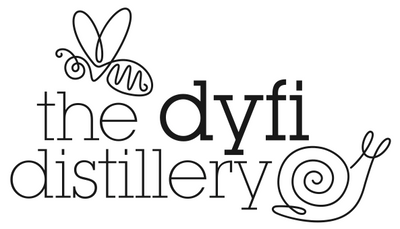It would seem that UK book sales are in rude health. The print book market grew 2.1% in value and 0.3% in volume on 2018 (Nielsen BookScan), resulting in more than 190 million books sold in the UK last year. And several tomes on Gin contributed to that last year, including Dominic Roskrow’s Collins Little Book of Gin (where we were honoured to be the only small producer to have two entries) and Ian Buxton’s 101 Gins To Try Before You Die, in which we were again privileged to feature. Both sell well at our cellar door.
Now, interestingly, there is a new kid on the block: The World Atlas of Gin by Joel Harrison and Neil Ridley. Once again, we are delighted to feature. By being an atlas, its existence creates interesting questions. If Gin has an atlas, is this because Gin should align to its landscape? Should the best ones always have a sense of provenance?
Not everyone is daft as we are, of course. Foraging 25 local botanicals in order that our distillates should hold a mirror up to our valley was always core to how we thought, made more possible by having experienced foragers and a horticulturist in the family. We can chuck in being located in a UNESCO Biosphere Reserve with astonishing diversity of flora and low pollution levels too. But that’s not how everyone wants to, or indeed can, work. And its not where Gin production comes from. Traditionally, and mostly currently, only using dried imported botanicals (plant materials) from around the globe, wherever your distillery is.
The exceptions, who take a single (or small number of) botanical cue from a distillery’s location has produced some truly delicious and individual Gins, are becoming more prevalent, especially since the UK relaxed its regulations on minimum still sizes in 2009.
Those, like ourselves, who’s majority of botanicals are locally gathered remains pretty small. When we look at the planning and effort we have to put into a 10 month foraging calendar, perhaps that’s not surprising. In the end, there’s no right or wrong. But perhaps Joel and Neil have put down a marker that location often matters, and will matter more in the future, for those consumers who want Fascinating as well as Delicious.
The Good Food Guide 2020
While on the subject of books, the Good Food Guide has updated and published its Top 50 Restaurants for the UK. Its been in print since 1951, and its Top 50 is eagerly awaited by chefs, restaurateurs and food lovers alike. As the news broke, we were delighted to see how many brilliant establishments on the list stock our Gins. In fact, 4 out of the top 5 list one or more of our distillates. So, a big thank you from us to the finest restaurants in the land.




